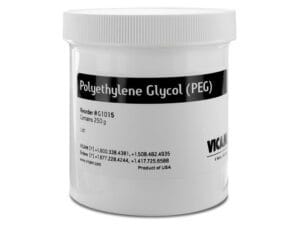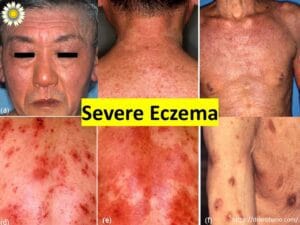How Fragrances Can Trigger Allergic Reactions
Perfume is often seen as a finishing touch—a signature scent that boosts confidence and leaves a lasting impression. But did you know that for some people, that pleasant fragrance can be a major trigger for allergies?
If you’ve ever started sneezing, wheezing, or developing skin irritation after exposure to perfume, you’re not alone. Perfumes contain a complex mixture of over 5,000 natural and synthetic compounds, some of which can become airborne and irritate the airways or cause allergic reactions.
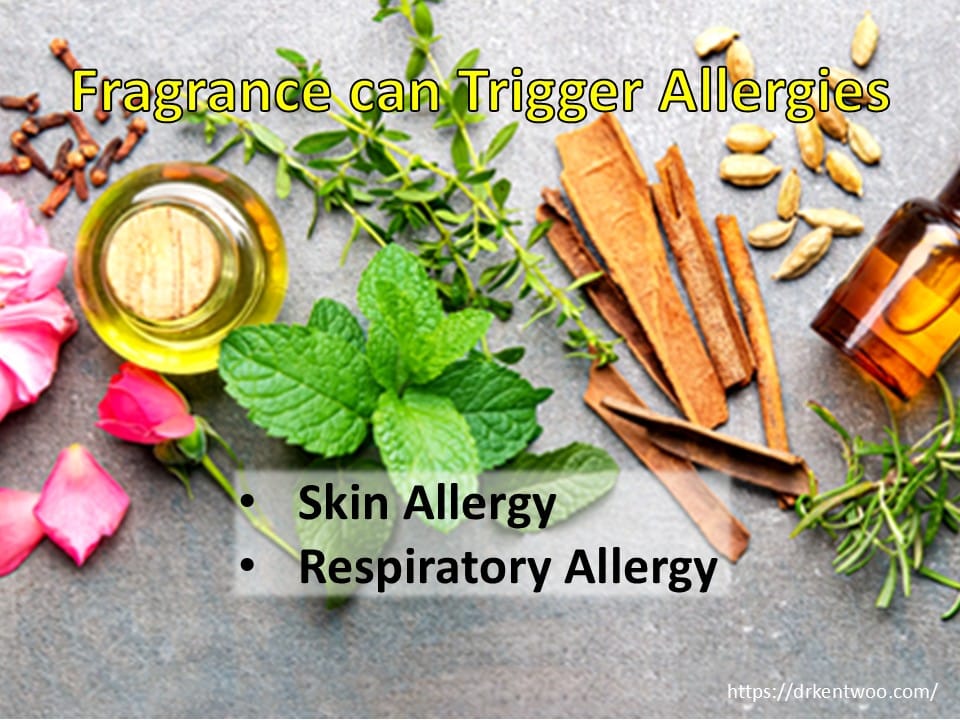
Let’s explore how perfumes can affect your respiratory health and skin, and what you can do to minimize exposure.
Can Perfume Worsen Allergies and Asthma?
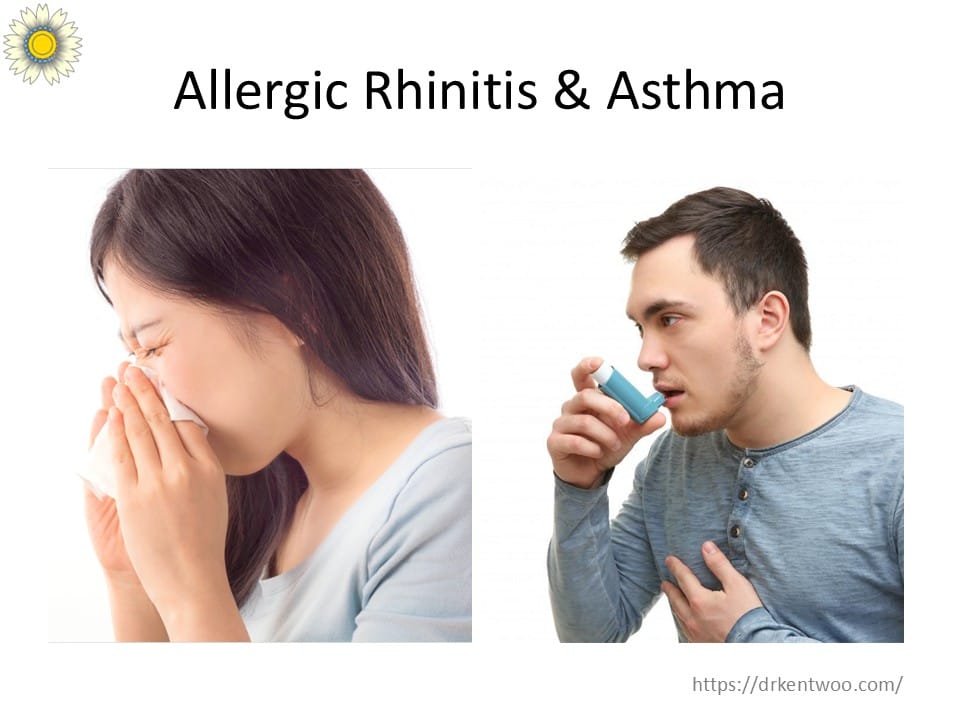
For individuals with allergic rhinitis or asthma, exposure to perfume can exacerbate their symptoms. When perfume particles become airborne, they can irritate hypersensitive airways, leading to:
✔ Sneezing and nasal congestion (especially in those with uncontrolled allergic rhinitis)
✔ Chest tightness and wheezing (a sign of poorly controlled asthma)
✔ Coughing and shortness of breath
🔬 What the Research Says:
A study published in the Annals of Allergy found that perfume exposure triggered asthma attacks in 36% of severe asthmatics, 17% of those with moderate asthma, and 8% of those with mild asthma.
These reactions are often assumed to be caused by the irritant effects of fragrance compounds, rather than a true allergic response. However, some perfume ingredients can also lead to allergic sensitization.
Perfume Allergy & Skin Reactions (Allergic Contact Dermatitis)
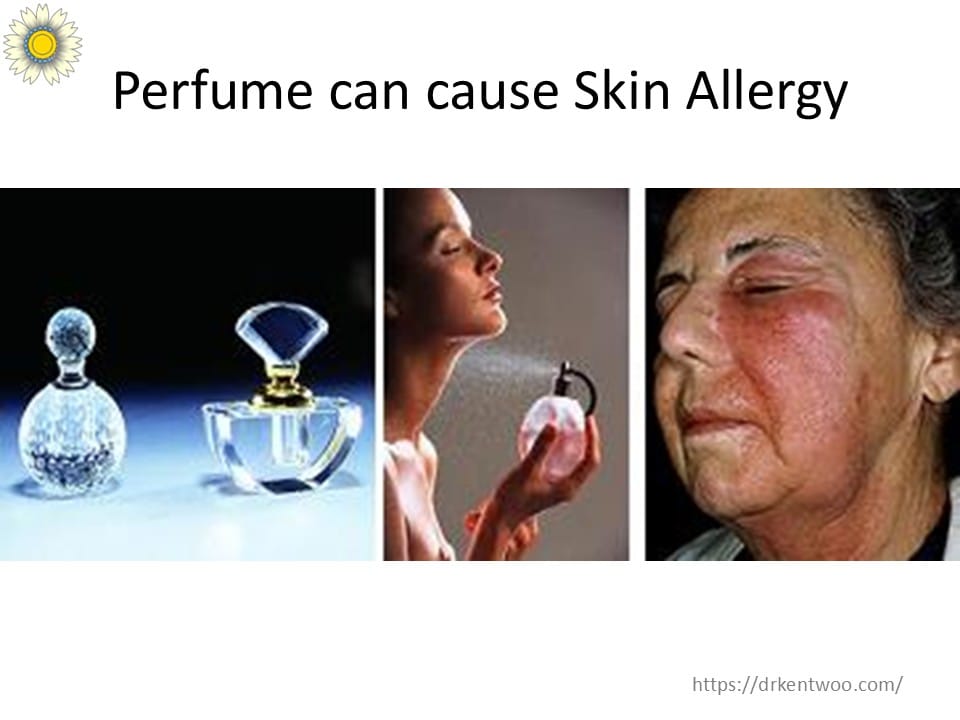
While perfumes can trigger respiratory symptoms, they can also cause skin reactions. Fragrances are the most common cause of cosmetic allergies, with an estimated 1–4% of the population sensitized to fragrance ingredients.
How Perfume Allergy Affects the Skin:
- Allergic contact dermatitis – This appears as an itchy, red, scaly rash in areas where perfume is applied (wrists, neck, behind the ears).
- Worsening eczema – Women with facial or neck eczema are particularly prone to fragrance allergies from cosmetics.
- Cross-reactivity with foods – Some individuals with fragrance allergies can develop rashes after eating spices like cinnamon, cloves, or vanilla, as these contain compounds similar to those found in perfumes.
The Myth of “Natural” Fragrances & Hypoallergenic Products

Many people assume that natural perfumes or essential oils are less likely to cause allergic reactions. This is a myth.
🚨 If you’re allergic to fragrance, natural products can still trigger a reaction—just like synthetic ones. Essential oils, floral extracts, and plant-based fragrances can still cause contact dermatitis and respiratory irritation in sensitive individuals.
What Should You Look For?

✔ Fragrance-Free – This means the product does not contain added fragrances, making it a safer choice for allergy sufferers.
✔ Unscented ≠ Fragrance-Free – Some “unscented” products still contain masking fragrances to neutralize smells, which can still trigger allergies.
Reading ingredient labels and opting for truly fragrance-free products can help prevent allergic reactions.
Information You Can Use
1️⃣ Perfume can trigger both respiratory and skin allergies – If you have allergic rhinitis, asthma, or eczema, be mindful of fragrance exposure.
2️⃣ Not all reactions are due to irritation—some are true allergies – If you experience persistent skin rashes or breathing issues, an Allergy & Immunology specialist can help diagnose the cause.
3️⃣ Natural does NOT mean safe – Essential oils and plant-based fragrances can still cause allergic reactions, so always choose fragrance-free over “unscented” products. Choose allergist-recommended formulations. You may consider NatureDr8, a fragrance/preservative free natural moisturizer that I developed for my patients with eczema.

